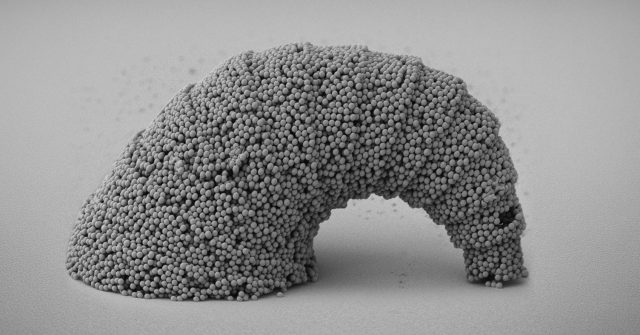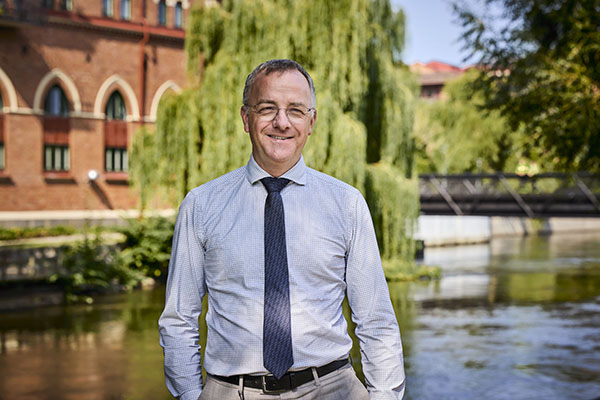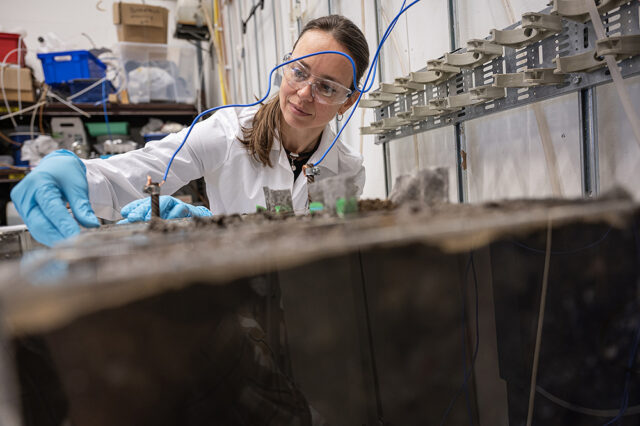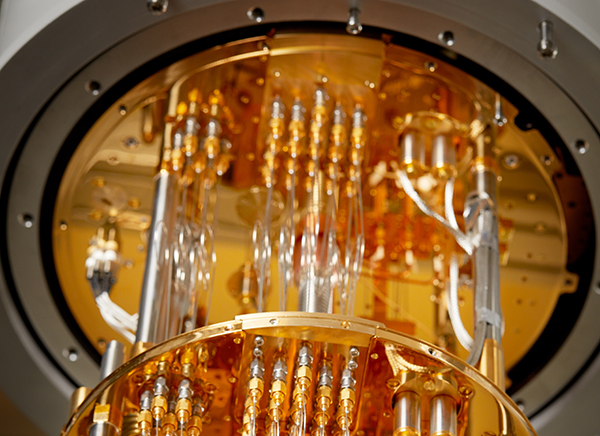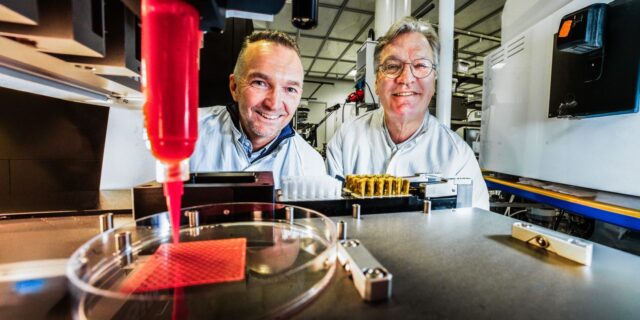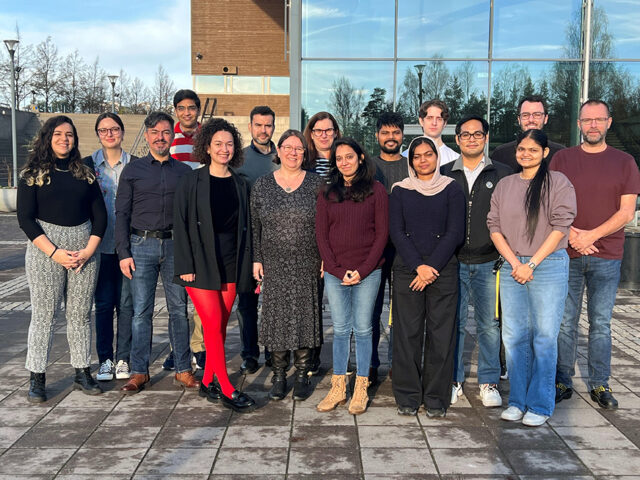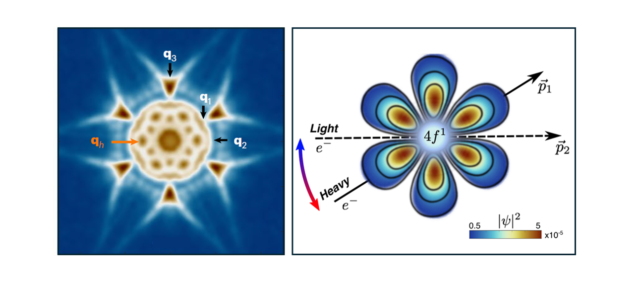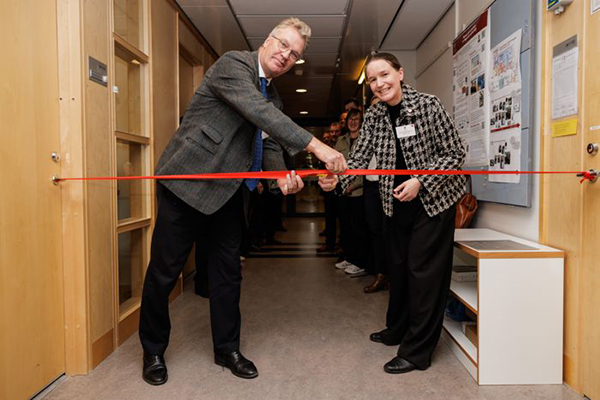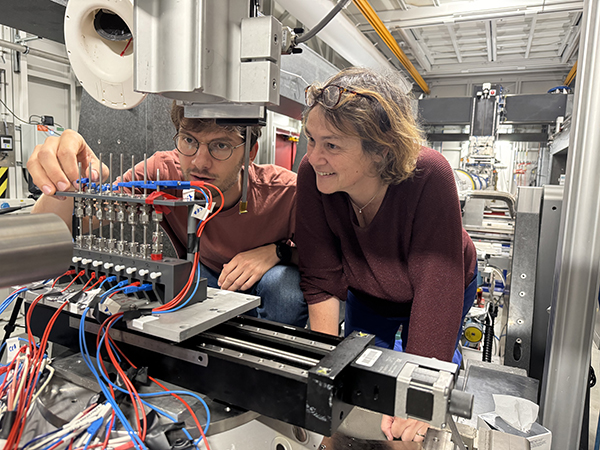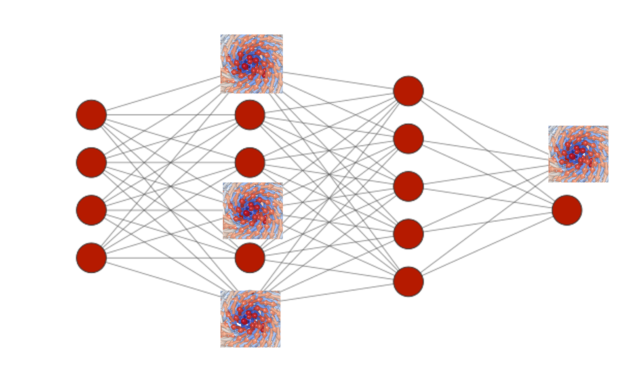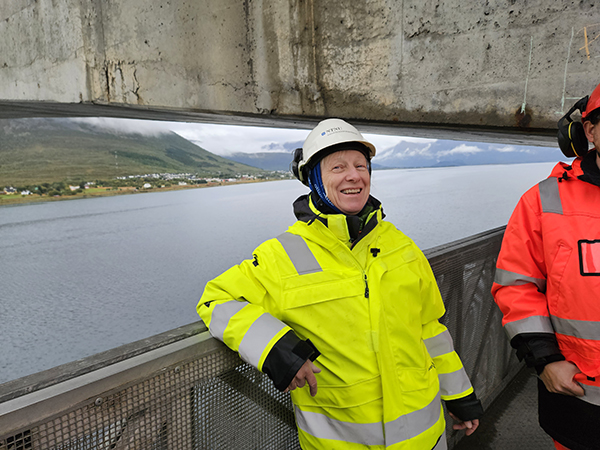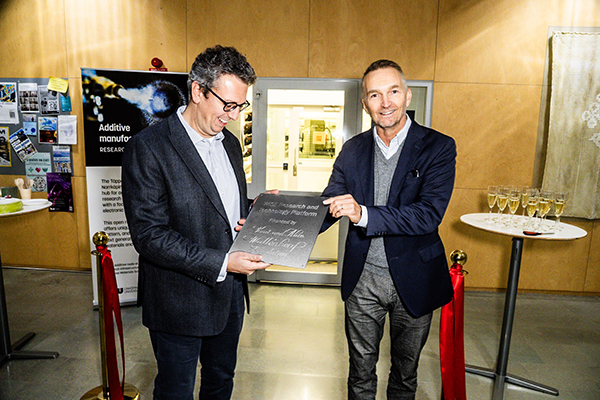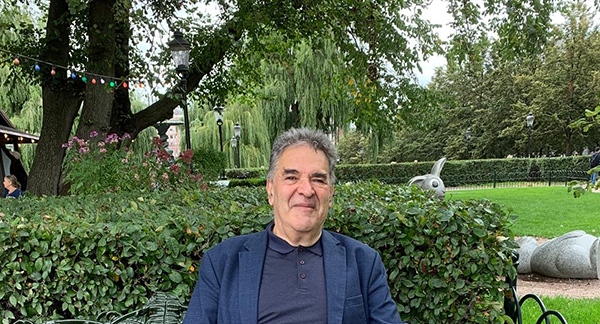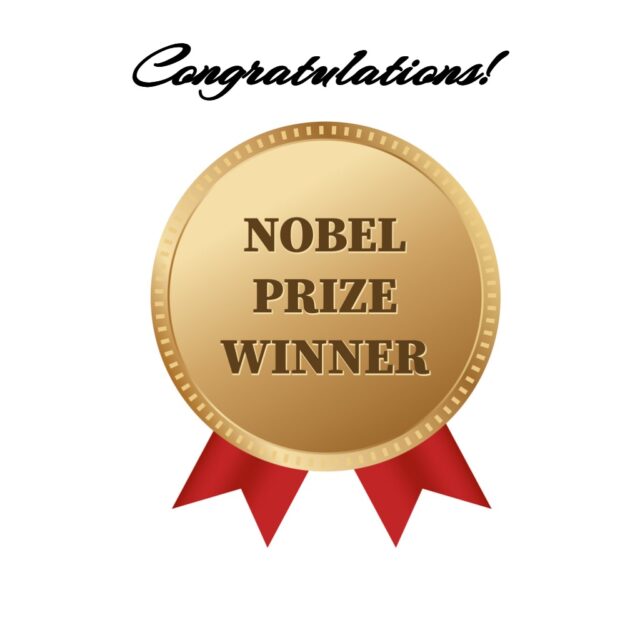At WISE, we take great pride in showcasing our distinguished researchers. Today, we are pleased to introduce Professor Thomas Wågberg from Umeå University. Professor Wågberg is head of the Department of Physics at Umeå University and group leader of the Nano for Energy unit. This group is an interdisciplinary research group that focuses on nanomaterials and their applications in renewable energy.
Why did you decide to apply for WISE?
I learned about WISE early on and was immediately intrigued by its vision. At the time, Umeå University was not one of the partner universities in WISE. To explore the potential for involvement, we reached out to Olle Eriksson and Magnus Berggren, the co-director and director of WISE, respectively. Our research group has a long-standing history in the field of Materials Science, and I deeply value WISE’s dedication to advancing scientific knowledge while striving to make a meaningful contribution to society.
Can you tell us about your WISE project?
Our WISE industrial project, titled “Advanced Solar Selective Composite Coating Improved by Carbon Nanomaterials,” focuses on solar-thermal applications and is being carried out in collaboration with Absolicon AB in Härnösand, a town in northern Sweden. Given that nearly 50% of global energy consumption is dedicated to heating, advancing and implementing renewable thermal energy technologies, such as solar thermal collectors, is critical.
A key component of a solar thermal collector is the receiver, which requires a solar selective coating to achieve high absorptance across the solar spectrum while maintaining low emittance in the infrared region. This balance ensures the system absorbs maximum energy while minimizing heat loss. Currently, commercial coatings are typically deposited using vacuum-based techniques, which, while effective, are costly and involve complex manufacturing processes.
In our project, we aim to develop an innovative selective composite coating composed of carbon nanomaterials and silicon dioxide, applied using a sonicating spray system. The carbon nanomaterials will be functionalized to enable spray coating from a water-based dispersion, eliminating the need for additives.
What are the benefits of your research for society in the future?
Our research builds on a long-standing tradition of advancing coating technologies, treatment methods, and process optimization. In the context of this WISE project, we are focused on utilizing cost-effective, environmentally friendly, and widely available materials. By employing a spray deposition method in combination with these sustainable materials, we aim to create coatings that are not only affordable but also eco-conscious. This approach ensures high performance without compromising on optical efficiency or thermal stability.
Through our collaboration with Absolicon, we are excited about the potential to contribute to a future where sustainable energy solutions are more efficient, affordable, and impactful for society at large.
To know more about Professor Wågberg’s research at WISE please visit:
Advanced solar selective composite coating improved by carbon nanomaterials

